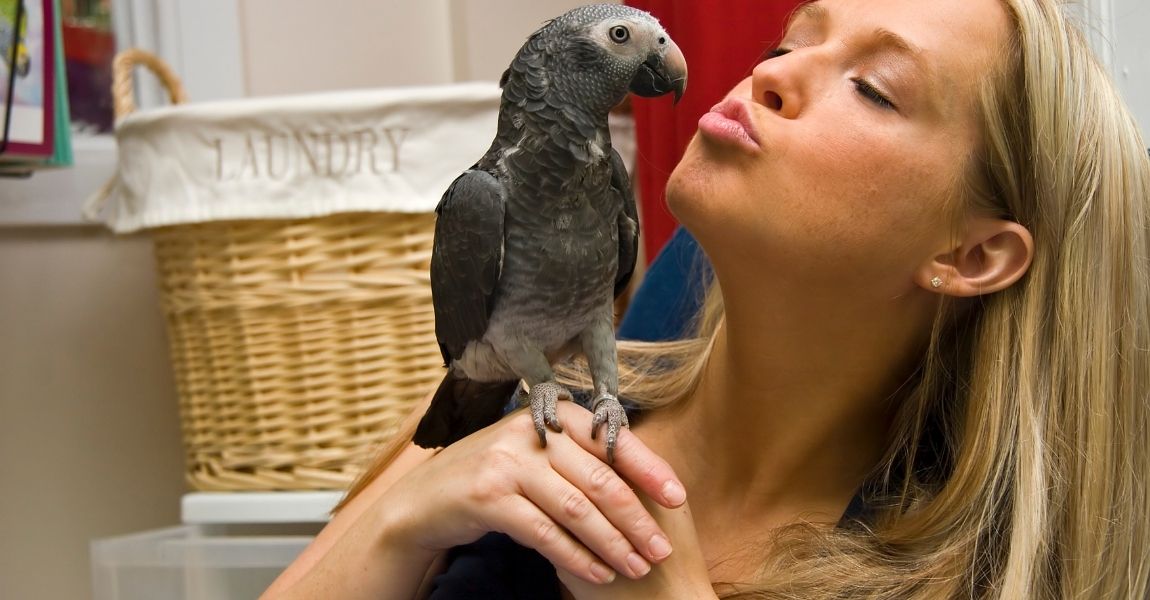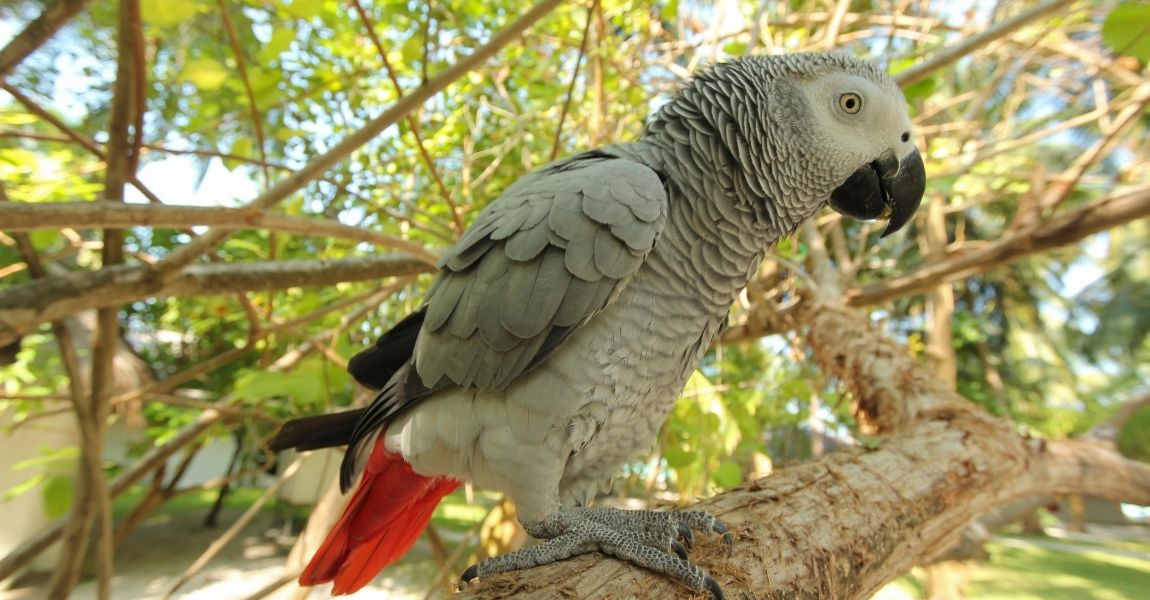Understanding Your Pet African Grey Parrot
Introduction:
Owning a pet African Grey parrot can be an extraordinary and rewarding experience. These highly intelligent and charismatic birds have captivated bird enthusiasts worldwide with their remarkable abilities and unique personality traits. However, to truly appreciate and nurture a pet African Grey, it is essential to understand their specific needs, behaviors, and characteristics. In this article, we will delve into the world of African Grey parrots and provide insights into understanding and caring for these magnificent avian companions.
Intelligence and Communication:African Grey parrots are renowned for their exceptional intelligence and communication skills. They possess an impressive ability to mimic and comprehend human speech, often displaying a remarkable vocabulary. However, it is important to note that not all African Greys develop extensive vocabularies, and each bird has its own individual learning capabilities. By spending quality time with your African Grey, engaging in positive interactions, and providing mental stimulation through toys and puzzles, you can foster their cognitive abilities and enhance their communication skills.
Social Interaction:African Grey parrots are highly social creatures and thrive on regular social interaction with their human caregivers. They enjoy being part of the family and can develop strong bonds with their owners. However, African Greys can also be sensitive and may require patient and gentle handling. Respect their boundaries, allow them time to adjust to new environments or people, and provide them with a safe and secure space within your home. Regular interaction, including talking, playing, and gentle physical contact, can strengthen the bond between you and your African Grey.
Enrichment and Mental Stimulation:To keep an African Grey parrot happy and fulfilled, providing a stimulating environment is crucial. These birds have active minds and require mental stimulation to prevent boredom and associated behavioral issues. Offer a variety of toys, puzzles, and foraging activities that challenge their problem-solving abilities and keep them engaged. Rotate toys regularly to keep their interest levels high. Additionally, providing opportunities for supervised flight and exploration outside of their cage can contribute to their overall well-being.
Diet and Nutrition:Proper nutrition is vital for the health and longevity of your African Grey parrot. Their diet should consist of a balanced mix of high-quality pellets, fresh fruits, vegetables, and occasional nuts and seeds. Avoid foods that are toxic to birds, such as chocolate, avocado, and caffeine. Fresh water should always be available, and feeding dishes should be cleaned regularly to prevent bacterial growth. Consult with an avian veterinarian to ensure your African Grey's dietary needs are met and to address any specific dietary concerns.
Environmental Considerations:Creating a suitable environment for your African Grey is essential to their well-being. Provide a spacious cage that allows for unrestricted movement and wingspan stretching. The cage should be equipped with various perches of different sizes and textures to promote foot health. Place the cage in an area where your African Grey can observe household activities and feel part of the family, while avoiding exposure to drafts, direct sunlight, and harmful fumes. Regularly clean the cage and maintain good hygiene to prevent the spread of disease.
Healthcare and Veterinary Support:Regular veterinary check-ups are crucial for the well-being of your African Grey. Find an avian veterinarian experienced in caring for parrots to ensure your pet receives proper medical care, vaccinations, and necessary tests. Monitor your African Grey for any signs of illness, such as changes in appetite, behavior, or droppings. Pay attention to their feather condition, as it can indicate overall health. Promptly address any concerns and seek professional advice to prevent and treat potential health issues.
Conclusion:Understanding your pet African Grey parrot goes beyond appreciating their intelligence and mimicking abilities. By comprehending their social needs, providing mental stimulation, ensuring a nutritious diet, creating a suitable environment, and prioritizing their healthcare, you can build a strong and enriching relationship with your African Grey. Their captivating personality and unique characteristics will continue to amaze and bring joy to your life as you embark on this incredible journey with your beloved feathered companion.





